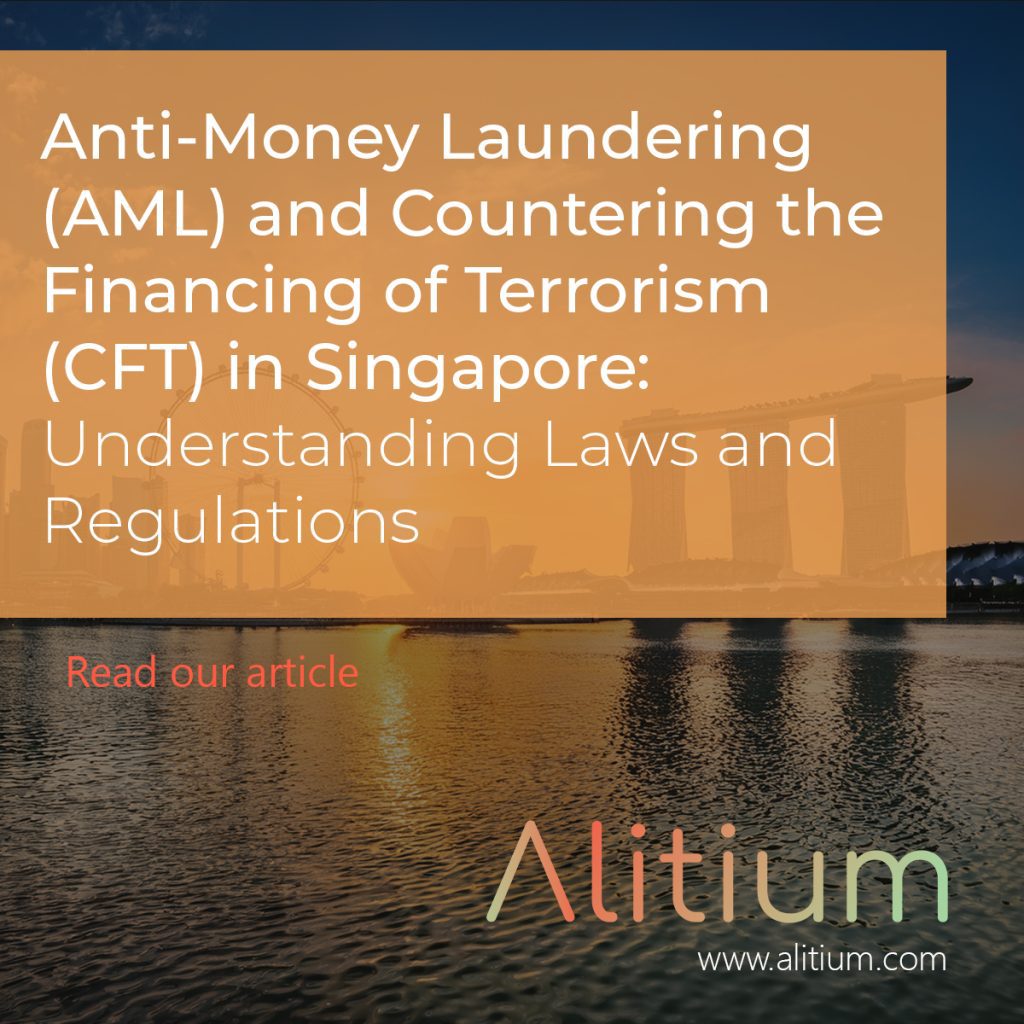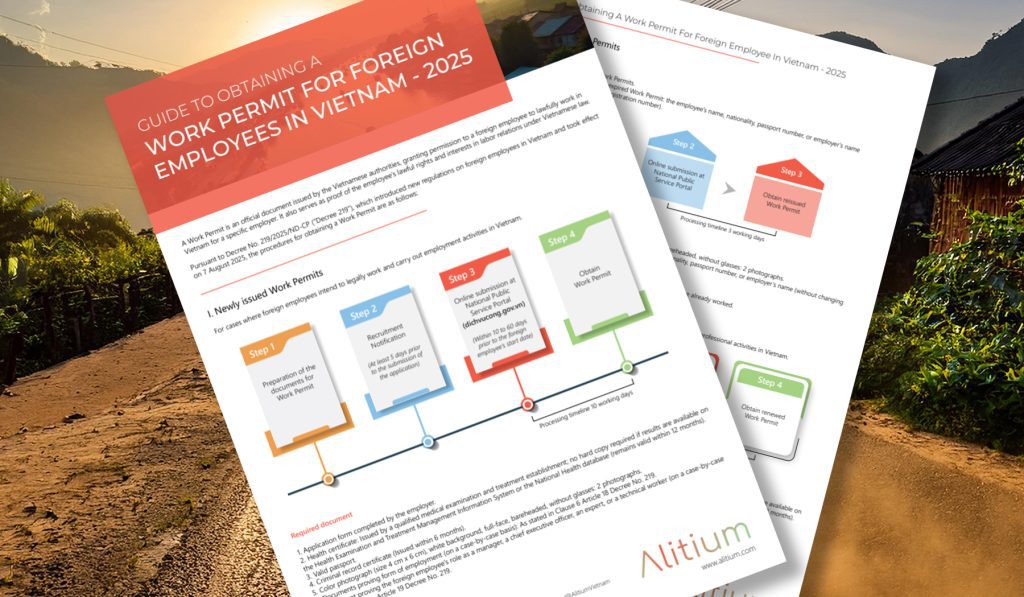On 28 June 2024, the State Bank of Vietnam issued Circular 23/2024/TT-NHNN (Circular 23), which amends and supplements Circular 10/2016/TT-NHNN (Circular 10) regarding outward indirect investment from Vietnam. From our perspective, Circular 23 represents a significant shift in the Employee Share Ownership Plan (ESOP) landscape in Vietnam. This change has been long overdue, and its arrival is certainly welcome.
Principles of ESOP Schemes in Circular 23
- An ESOP is issued by an organization established under a foreign law (the “Foreign Entity”) to Vietnamese-nationality employees.
- The ESOP will be performed through a “Related Vietnam Entity,” which includes foreign-invested companies, branches, representative offices, operational offices of BCC contracts, and other economic organizations involved with the Foreign Entity through shares, capital portions, or other forms.
- Foreign currency income from dividends and other legal income related to the foreign ESOP scheme can only be transmitted to Vietnamese employees in Vietnam through an ESOP-designated account opened by the Related Vietnam Entity.
- Compliance with foreign exchange management and income tax regulations is mandatory.
Key Changes and Implications
Why is this Significant?
Complex Registration Process: Previously, the requirement for registration with the State Bank of Vietnam (SBV) for foreign-issued ESOPs added a layer of complexity, often deterring foreign entities from offering such plans to Vietnamese employees.
Talent Retention and Cultural Impact: The cumbersome process hindered companies’ efforts to retain talent in Vietnam and foster a people-oriented culture, which is beneficial not only to the companies but also to the employees themselves.

So, What’s New?
As of 12 August 2024, when Circular 23 takes effect, several key changes will relax and support the implementation of foreign ESOPs in Vietnam:
Abolished State Bank Registration Requirement: The new regulations eliminated the need for foreign-issued ESOPs to register with or obtain any approval by the SBV before foreign entities can issue ESOPs to Vietnamese employees.
Empowerment and Flexibility: The new regulations empower foreign economic entities to freely agree on and manage their ESOPs, provided they do not conflict with Vietnamese law.
Expanded Eligibility: The regulations now include more types of Vietnamese employees who can participate in foreign ESOPs. This includes not only employees of foreign-invested companies, branches, representative offices, and operational offices of BCC contracts but also the employees of those involved with the foreign entity through holding shares, capital portions, or other forms as per Vietnamese law.
Extended ESOP Categories: The new regulations expand the types of ESOPs available. While shares remain a standard offering, new types of bonus shares by the laws of the foreign entity are now permissible, provided no cash is remitted outside of Vietnam for the latter type.
Operational Requirements
Dedicated ESOP Bank Account
The Related Vietnam Entity must open a separate bank account exclusively for ESOP purposes. All income and outcomes related to the ESOP must flow through this account. This means that employees can only receive money from the ESOP through this designated ESOP bank account. The foreign entity will remit money to the ESOP account, and the Related Vietnam Entity will either sell the foreign currency to the bank and transfer the money to the employees’ VND bank accounts or directly transfer the money to the foreign currency accounts of the employees.
Monthly Reporting
Circular 23 requires Related Vietnam Entities to submit ESOP reports on a monthly basis by the 12th of the following month, replacing the previous quarterly reporting requirement. These reports must be sent to the SBV via email (baocaocophieu@sbv.gov.vn).
Circular 23 marks a significant milestone in the regulatory landscape for ESOPs in Vietnam. By simplifying the registration process, expanding eligibility, and providing greater flexibility, these new regulations will likely encourage more foreign entities to offer ESOPs, benefiting both companies and their Vietnamese employees. Time will tell whether the additional bank account requirements and revised monthly reporting results in any significant complications, however this long-awaited change is a positive step forward in fostering a more dynamic and supportive business environment in Vietnam.
Phuong Vo is Managing Partner at Alitium Vietnam, providing market entry and professional support for foreign investors in Vietnam. Contact Phuong via Alitium.com for further assistance and advice.








